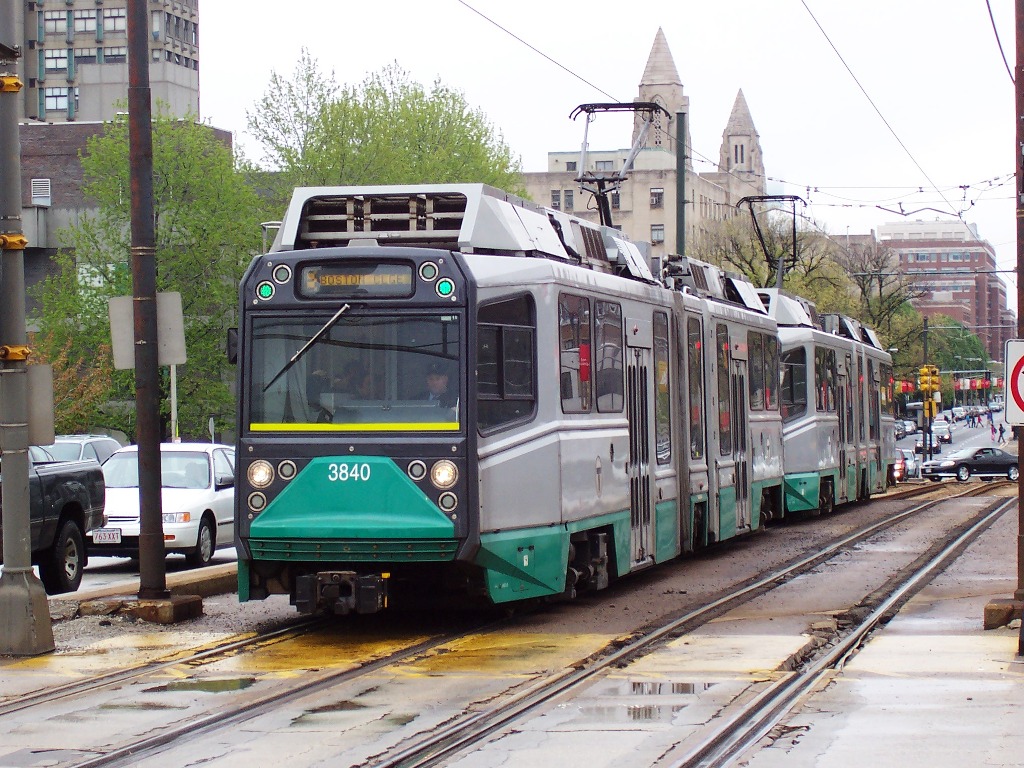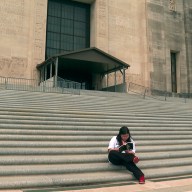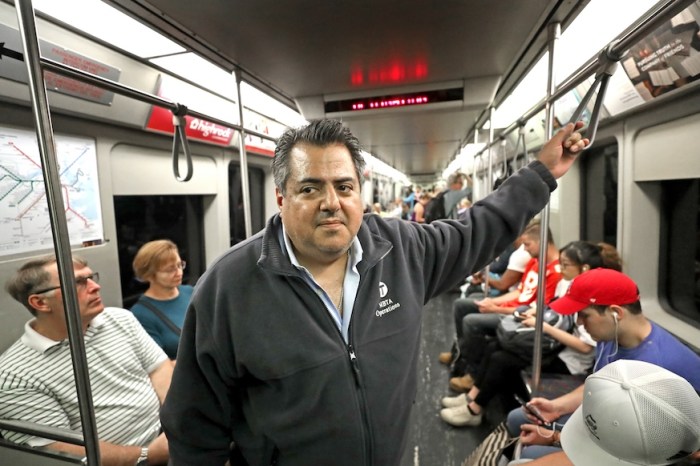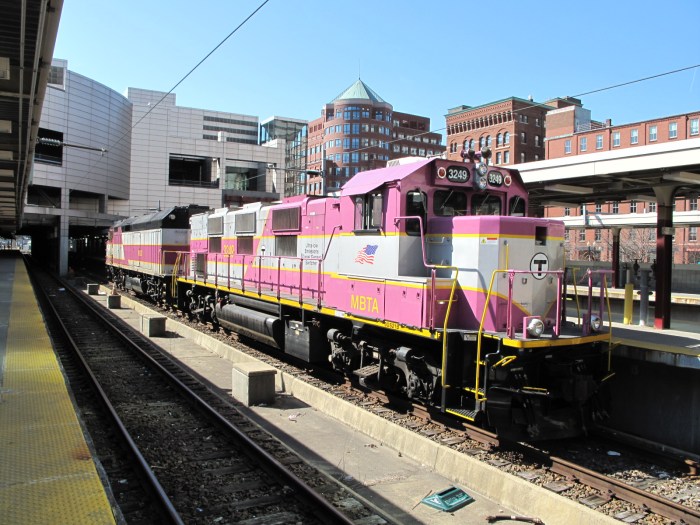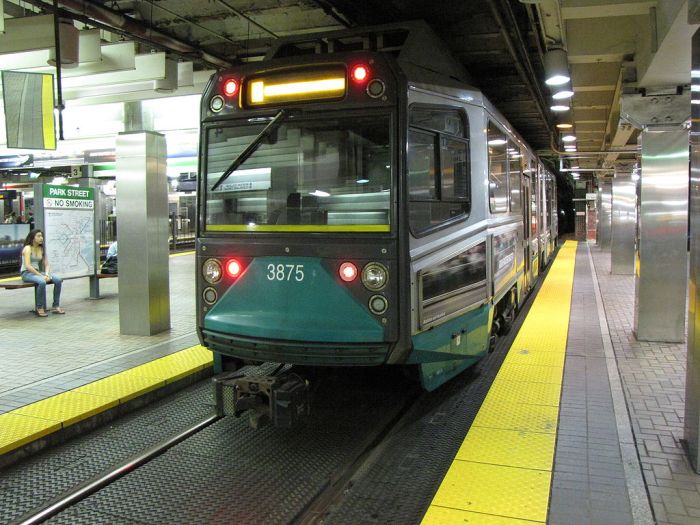Transportation officials sketched out plans to spend $17.2 billion on capital projects over the next five years and approved a new policy to continue the old practice of paying certain MBTA employees through the capital budget.
The MBTA has 230 employees being paid out of its capital budget and state law calls for them to be moved off. The agency has been hoping lawmakers will grant a reprieve from that requirement. The MBTA has moved more than 300 employees off capital budgets and officials say the ones that remain spend their days performing work directly associated with capital projects.
The T’s $8 billion portion of the capital budget would include $938 million for track, signal and power upgrades, $416 million for bridge and tunnel work, and $1.2 billion for the Green Line Extension over the next five years.
On the Massachusetts Department of Transportation side, the plan anticipates spending a total of $9.2 billion, including $928 million for highway pavement, $1.4 billion for highway construction, and $180.6 million for the construction of multi-use paths.
With initial approval by the MBTA Fiscal and Management Control Board and the MassDOT Board, transportation officials will now solicit public feedback on the plan, starting with a meeting Tuesday in Mattapan. The last scheduled meeting on the plan is May 31 in Fitchburg.
At the T, the Baker administration has sought to balance the operating budget while also devoting more money toward capital improvements that officials say are needed to improve the level of service.
The agency has improved its ability to move projects off of the drawing board and into reality, according to MBTA General Manager Luis Ramirez, who touted the $2.1 billion in capital commitments made in fiscal 2018 compared to about $110 million in fiscal 2016. The fiscal 2018 figure includes $1 billion for the Green Line Extension, $368 million for a new fare payment system, and $100 million for vehicles. Commitments are considered a leading indicator for future spending, according to the T.
“We now have a pipeline of projects,” said Ramirez, who told reporters the T is trying to improve its “say:do ratio.”
The T has so far spent $567 million in fiscal 2018, and another $175 million worth of capital work has been completed but not yet paid for, according to the T.
The MBTA and MassDOT use a rolling five-year capital plan to determine construction and procurement priorities and Transportation Secretary Stephanie Pollack said the plan given initial approval Monday is largely in keeping with last year’s version.
“It does not include a lot of changes from last year’s plan,” Pollack said.
The new five-year plan is $234 million larger than the capital investment plan for fiscal 2018-22.
Federal funding makes up $4 billion of the revenue sources for MassDOT projects over the next five years and $3.6 billion for MBTA projects.
The T will pursue other federal funding opportunities, according to Samantha Silverberg, the senior director of capital planning, who said that a federal grant program that had been financed at around $500 million and known as TIGER grants is now called BUILD and financed at $1.5 billion.
Under the policy adopted by the T control board on Monday, the T would be able to finance the salaries of employees who work exclusively on capital projects through the capital budget, and only bond proceeds from specific standalone projects such as the Green Line Extension and South Coast Rail could be used to pay salaries.
The use of capital funds for T employees is an emerging area of disagreement between the House and Senate. Without relief from the existing statutory requirement to move employees off the capital budget, the T would take a roughly $27 million hit to its roughly $2 billion fiscal 2019 budget.
The House did not grant that relief and Rep. William Straus, the House chairman of the Transportation Committee, criticized the practice on the floor.
“We should not be bonding for current employees. That was a bad practice that had been done unfortunately on a bipartisan basis by different administrations over decades,” Straus said, during budget deliberations in April. “We continue that effort to shift these employees to the annual appropriation.”
The House budget would sent the T more funding to cover its additional salary costs.
The budget bill that the Senate will take up next week would allow the T to keep certain employees on the capital budget subject to written policy such as the one adopted Monday.
No employees would need to move from the capital to the operating budget under the policy the T adopted Monday, according to Ramirez.
MBTA Control Board Chairman Joe Aiello said he thought the new policy “seems to respond to the concerns” from the Legislature.

